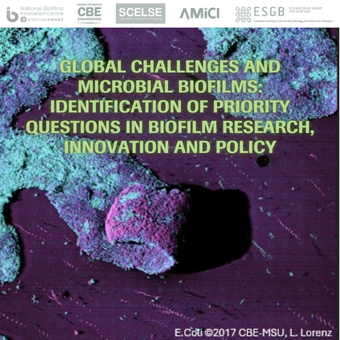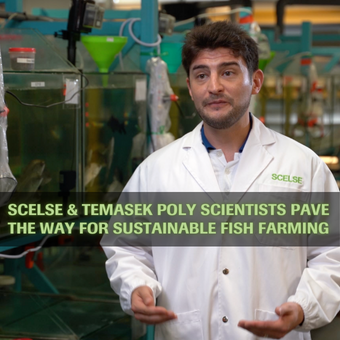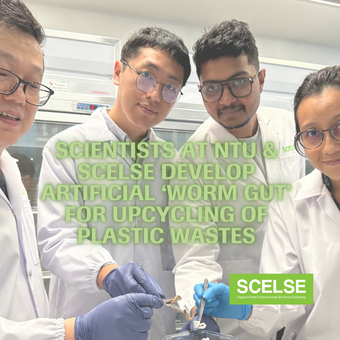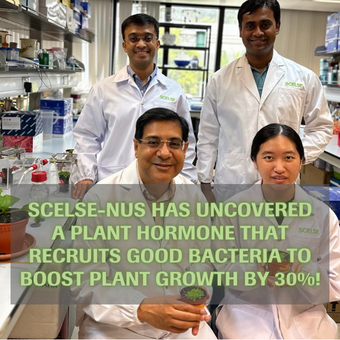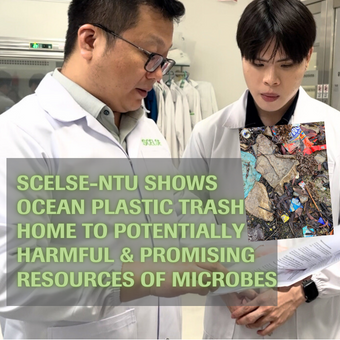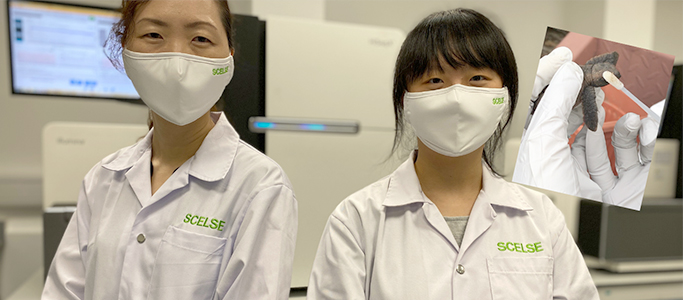
- In the Media
- 22 Nov 2021
Save our turtles! Critically endangered hawksbill turtles have been nesting on Singapore’s shores in recent years. Scientists at SCELSE – A/Prof Hie Lim Kim along with PhD student Regine Tiong have been studying the population and sequencing their genome since 2019.
This study is supported by Mandai Nature and the National Parks Board of Singapore.
Their story in Straits Times, entitled “Bid to ensure hawksbill turtles thrive, with genome sequencing” was published on 22 Nov 21.
An excerpt from the article:
In the labs, genetic material is extracted from eggshells, liver samples from any stillborn hatchlings, and yolk samples from unhatched eggs.
An organism’s genome is its blueprint for life and is held in every cell of an organism. DNA, built up by nucleotides or bases, dictates its looks, behaviours and how vulnerable it could be to certain diseases. Genomic sequencing is figuring out the order of DNA base pairs.
The NTU researchers aim to piece together the first complete hawksbill turtle’s genome, which has approximately two billion base pairs. The human genome has about 3.2 billion base pairs. Currently, only parts of it have been processed.
Ms Tiong said: “Sequencing the genetic material of hawksbill turtles can help with understanding how vulnerable its population is to environmental risks like diseases.”


